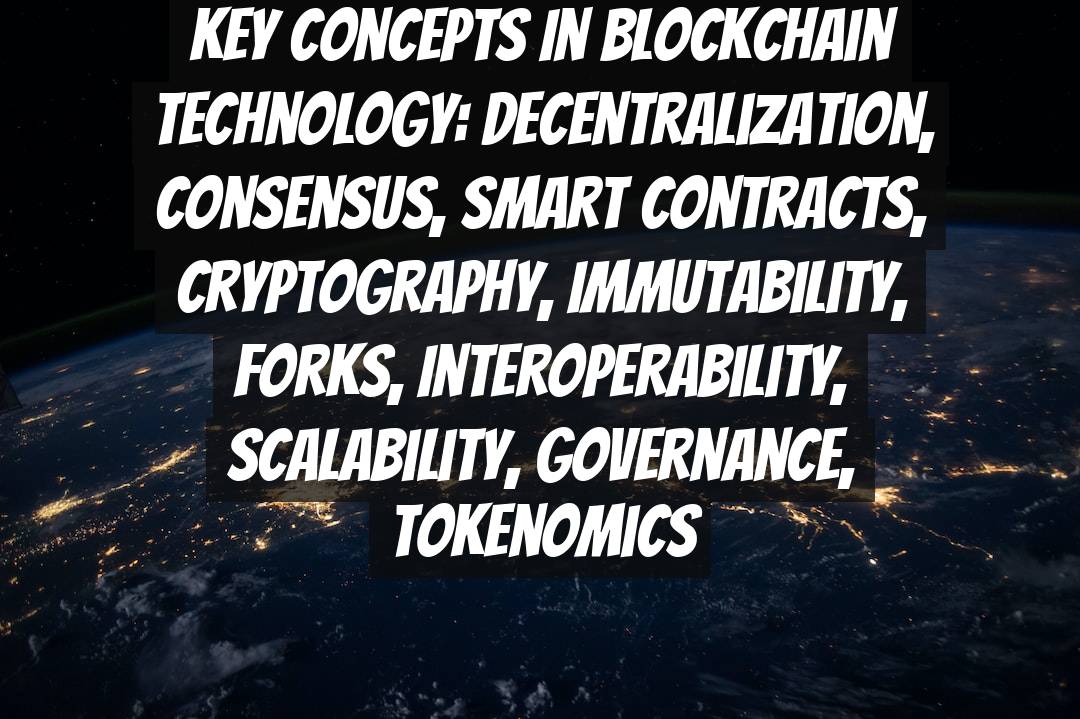Decentralization
Blockchain is built on the concept of decentralization, where the power is distributed across a network of nodes rather than controlled by a single entity. This can be confusing for those used to centralized systems.
Consensus Mechanisms
Consensus mechanisms are algorithms that enable nodes on a blockchain network to agree on the validity of transactions. Understanding Proof of Work, Proof of Stake, and Delegated Proof of Stake can be challenging for newcomers.
Smart Contracts
Smart contracts are self-executing agreements written in code. They automatically execute when certain conditions are met. Understanding their use cases and risks is important for grasping blockchain fundamentals.
Cryptography
Cryptography ensures data privacy and security on the blockchain. Concepts like public and private keys and encryption can be perplexing for those without a technical background.
Immutability
Immutability means that once data is recorded on the blockchain, it cannot be altered. Understanding how data remains secure and unchangeable in a decentralized environment is crucial for auditing and dispute resolution.
Interoperability
Interoperability refers to the ability of different blockchains to communicate and exchange data seamlessly. Grasping the technical challenges and importance of achieving interoperability is complex.
Scalability
Scalability is the challenge of handling a large number of transactions on a blockchain without sacrificing security and operability. Understanding concepts like sharding and layer-2 solutions is important for addressing scalability issues.
Governance Models
Blockchains have unique governance models that determine decision-making processes. Understanding decentralized governance and its impact on a blockchain’s evolution can be intricate.
Tokenomics
Tokenomics refers to the economic model and design of blockchain-based tokens. Understanding how tokens are distributed and their utility within the ecosystem is important for grasping the potential effects on supply and demand dynamics.
Closing Thoughts
Navigating the complex world of blockchain requires a solid understanding of its underlying concepts. From decentralization to smart contracts and tokenomics, continuous learning and exploration are key to realizing the transformative power of this technology. Embrace the challenges and drive the blockchain revolution forward.

